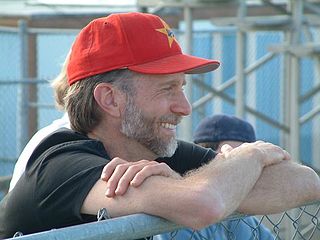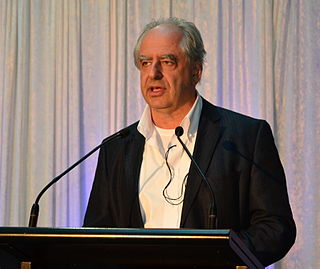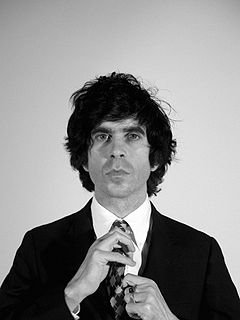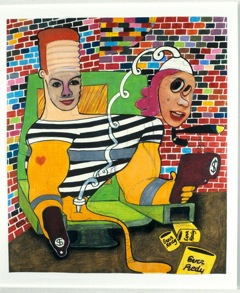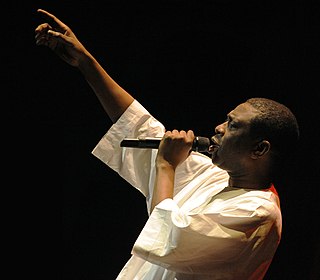A Quote by Rachel Kushner
A lot of politics in art is just institutional critique, which, in my opinion, is not all that political.
Related Quotes
The ultimate aim of politics is not politics, but the activities which can be practised within the political framework of the State. Therefore an effective statement of these activities - e.g. science, art, religion - is in itself a declaration of ultimate aims around which the political means will crystallise... a society with no values outside of politics is a machine carrying its human cargo, with no purpose in its institutions reflecting their care, eternal aspirations, loneliness, need for love.
Using the word ‘political’ in the widest possible sense. Desire to push the world in a certain direction, to alter other peoples’ idea of the kind of society that they should strive after. Once again, no book is genuinely free from political bias. The opinion that art should have nothing to do with politics is itself a political attitude.
As a composer, I believe that music has the power to inspire a renewal of human consciousness, culture, and politics. And yet I refuse to make political art. More often than not political art fails as politics, and all too often it fails as art. To reach its fullest power, to be most moving and most fully useful to us, art must be itself.
I write some art criticism, and one thing that's clear to me is that politics is fashionable in the American art world in a way it maybe isn't in American fiction. Your work of art becomes fashionable the moment it has some kind of political commentary. I think this has its dangers - the equation between fashion, politics, and art is problematic for obvious reasons. Nonetheless, the notion of politics as being de rigueur in the world of fiction is almost unthinkable. In fiction in America at the moment, the escape into whimsy is far more prevalent than the political.
It's interesting that we assign the label 'political' to art that doesn't just fit a mould of status quo. Is 'Downton Abbey' not political? That's political! Every piece of art offers a perspective on the world. And what is politics if not a perspective on the world? 'Downton Abbey' is about class. It's also about race.
If you take the conflicts we are used to dealing with, race over the years in America, and you combine that with the desire or aspiration to political power or taking power from other people, which is what politics is all about, you end up with a lot more friction than you would normally see with just straight-ahead politics.




